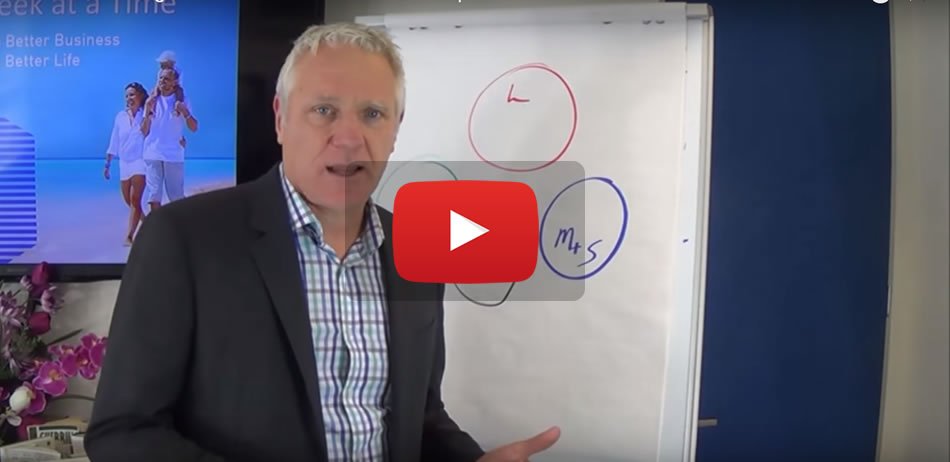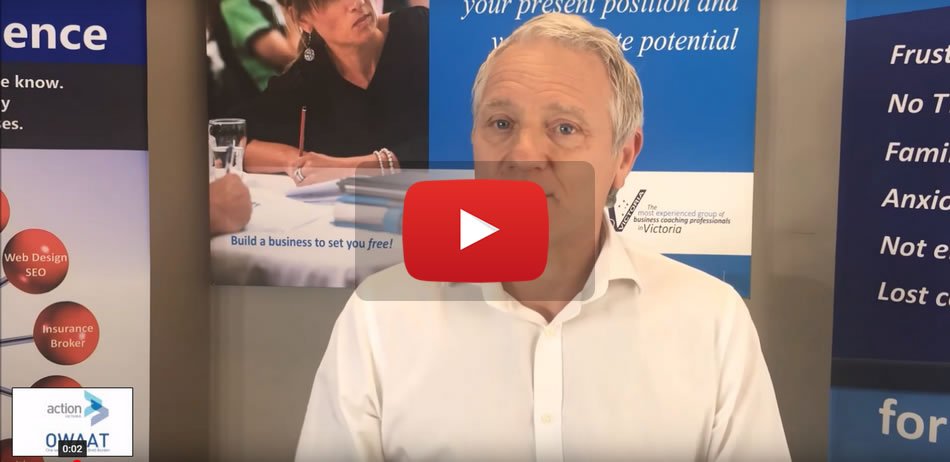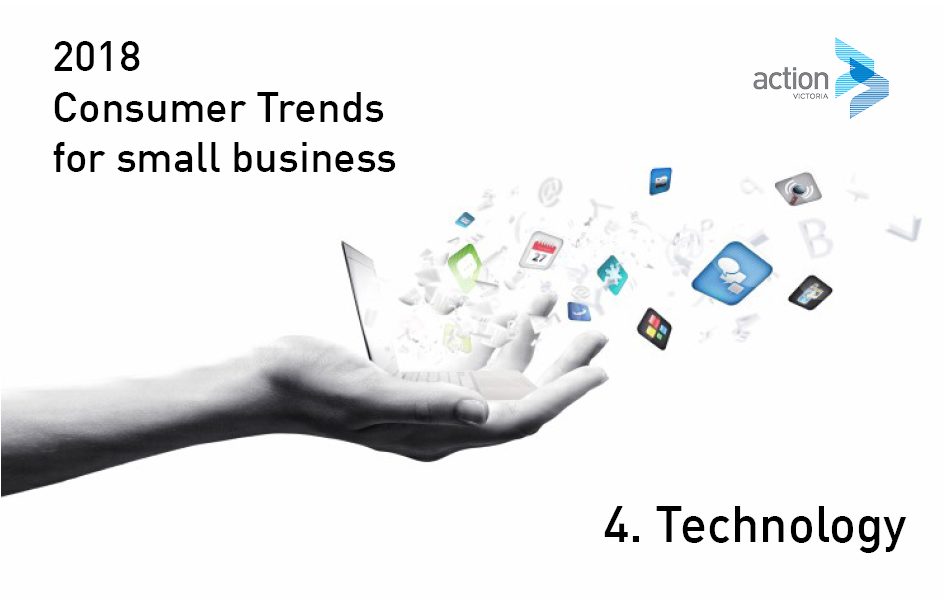Management
Mastering The 4 Spheres of Business Management
Building a great business generally entails mastering each of the four major categories - Leadership, Sales and Marketing, Finance and Operations. Understanding each category and balancing out or mitigating the areas which are not as strong, has proven to produce sustainable businesses.
In the event that a business is not producing the outcomes that it first set out to obtain. It may be an idea to determine which area of the business requires the most attention by exploring each of the four categories. Finding out the weakest point in a business using the four spheres is critical because a business cannot grow further than its weakest link. There are weakness tests (Buckingham, 2007. 94) and assessment tools1 available to undertake which may shed light on where to begin. The ultimate aim, however, is to develop a team or a skill set that ‘turns up’ to a business each day, much like “a good team [that] volunteers his/her strengths most of the time.” (Buckingham 2007 p64).
Leadership
A good place to start is with the first sphere - Leadership. It is often spoken about however it is relatively difficult to quantify. So what really what makes a great leader? There are many qualities to identify in a leader. For example, having the ability to self-analyse, being a good listener, continually learning, being an excellent delegator, having persistence, surrounding oneself with other great leaders, humility... the list is endless. Essentially to be a leader and to lead a business is similar to setting a ship to sail. Firstly, we must know the direction and the purpose of a voyage. We all need to know why we are sailing, what we wish to achieve, and what exciting possibilities the journey may bring. That’s what leadership provides. The vision, direction, aspiration and energy that a crew requires to make any situation a success. Although each leader has different set of traits - it is in the combination of those traits with those of the team that will determine the way in which a business or situation is managed. Capitalising on this knowledge, many great leaders have the ability to adjust with a team to achieve group equilibrium so that they can unite to a common cause.
Sales and Marketing
The second sphere Sales and Marketing is one that rests primarily on emotion. Evoking a sense of urgency, creating trust, curiosity, excitement, persuading others into action and providing security. This sphere is all about the “moment of truth” when a customer reaches a business’ front door. Many questions can be raised such as - is the sales force able to overcome objections? Is the customer service person personable, persuasive and can sell additions or upgrades? Closing a sale is the lifeblood of an organisation and having the ability to convert a conversation into a sale is a fundamental requirement.
Marketing a product or service provides the much needed emotional reinforcement before a sale (to bring a customer to a business) and after a sale (to allow the customer to opportunity to know they have made a great decision in their purchase). Marketing is designed to bring in a defined group of customers to a business through clear communication. Thus increasing the probability of converting sales with increased numbers of customers arriving at the place of business. In order to truly set a business apart in the marketplace and gain the most amount of customers, a business needs a clear point of difference and unique offering to communicate. Once that is devised, there are many different ways to communicate it to attract more customers, whether it be inbound activity (social media, word of mouth) or outbound activity (public relations events, advertising, telemarketing, direct mail).
Operations
Organising how to respond to customers brings us to the third phase - Operations. Managing the business on a nuts and bolts level. It is an art form in and of itself, that requires great precision and organisation. It involves the all there is to know about supplier chain logistics, managing the raw materials of production, enforcing quality control, implementing new systems and technology, managing the maintenance on items such as machinery, managing the delivery process of a product or service including just-in-time processes, workforce reporting... basically, trying to keep all the plates spinning in the business at the same time! As operations is viewed as a cost-centre of a business (it doesn’t generate direct sales), to make this area earn its keep, means to create efficiencies in “how things are done”. When this is done well, a business’ operations can be an added source of profit margin.
Finance
The final and often least favourite sphere is Finance. It is one that is left to do at the bottom of the in-tray. However, in this paper we place it equal to all the others as it is our barometer of health to a business. Having the best tools in processing a sale, calculating the profit margin, balancing assets and liabilities, managing the salaries and overheads of a business is a set of skills that is either outsourced or managed in-house. Either way, it is absolutely a base requirement for any business - knowing one’s numbers. Understanding the difference between turnover and profit. Reading a Profit and Loss statement, and more importantly having a clear idea of how much cash flow is in a business. Financial statements are a true indicator of the viability and long term stability of business. They provide information on whether to expand a particular area of an organisation (cost of production versus cost per customer transaction), whether to ramp down the business (sales figures are down and head count is too high for that seasonal period), or readjust the entire business model (opening a business unit to accommodate auxiliary business-to-business or back-end transactions).
How to apply the theory
Once the each of the four areas are understood in relation to the business’ current activity, a business may only need one or two areas of focus. For example, a construction business may have excellent Operations, Leadership and Finance but may require assistance in strengthening Sales & Marketing to boost their profile in a highly saturated market. An accountant may be excellent in Finance and Operations but may need to be open to different ideas on leadership and ways to promote their business. For a business to change and grow, no matter which situation it finds itself in, the transition starts by first knowing the four spheres, identifying which ones are currently working well, and what generally is left, is the sphere(s) that a business can now gain expert advice on. If on the other hand, when the 4 spheres converge and work together harmoniously, then the business will experience long term results and amazing growth as a result.
References:
Buckingham, M. 2007, Go Put Your Strengths to Work, Free Press. New York.
Working On Your Business (not in it)
When business owners say they are working harder than ever before and taking every hour that is given to produce their product or service, it often raises the question: is there another way to build a long term business? Do business owners always have to be involved in every part of production? It’s hard to image a day without picking up the tools and “doing something”. And as satisfying as it is to produce something in a day, it’s exhausting and time consuming.
Mastering the 4 spheres of business - Operations & Systems
53% of business owners don't have an Exit Plan - don't let it be you!
How understanding your financials will make or break your business.
10 Reasons why you need to start Planning now!
Eight… Teen…. Days.
So how’s your planning going for your business in 2018? Have you got your Marketing and Sales plans in place ready to start the new year with a bang? Have you got your financial plans in place to make sure you have a good cash flow and then a profit?











